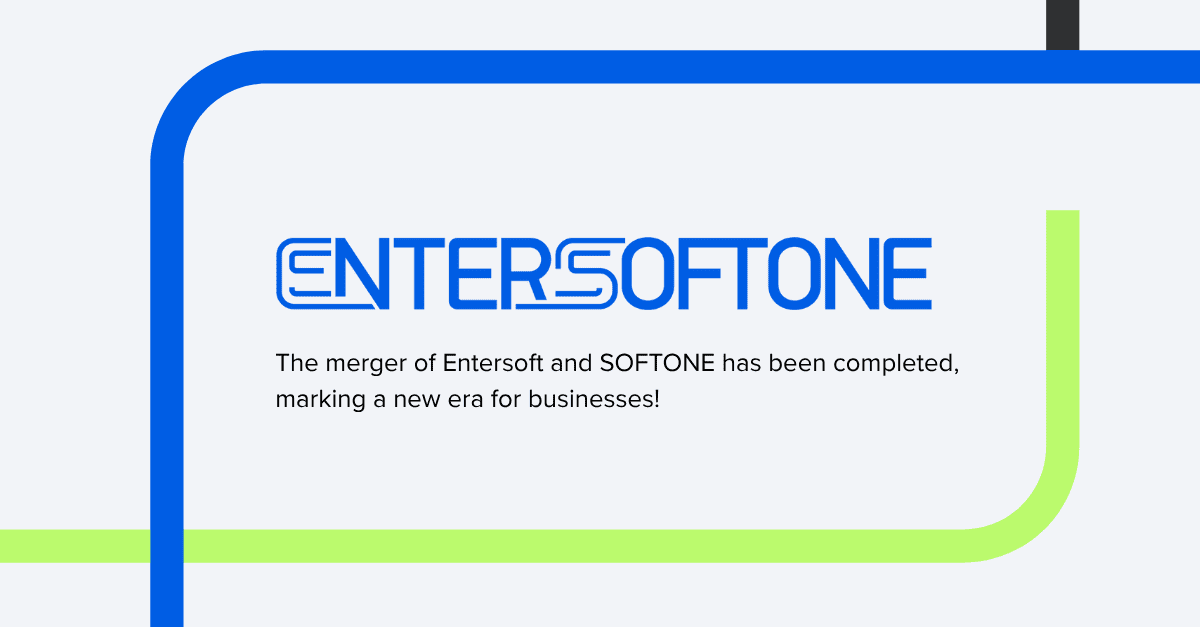Share
Read also

Trends & Views
Digital Transformation Strategies for Success

Business Software
CRM for Small Businesses and Seamless Integration

News & Events
ENTERSOFTONE: The merger of Entersoft and SOFTONE has been completed, creating the largest provider of business software products and services in Greece and Southeast Europe.

Mobility
Outlook for the BYOD and EM market from 2025 to 2035
In order to have a successful BYOD approach, you need more than understanding the technology involved. Having your employees bring their own devices, you actually leave your IT department with very few choices. In reality, IT can only control the access these devices have to your corporate network. And since granting limited access is not a viable option if you want to have the expected results, you need to adopt a proactive approach by establishing some ground rules well in advance.
Hardware, operating system and software upgrades, replacement in case of loss or theft, and damage repair are some of the issues that need to be included in your corporate BYOD policy as they entail a certain cost and, even though the devices actually belong to the employees, you have to find the right balance between ownership rights and responsible use.
People may be free to use their own data and apps anyway they want, without any limitations whatsoever. But when it comes to BYOD, data and apps are business assets, regardless of the fact that the devices remain the property of the employees. Therefore, responsible use is of paramount importance; otherwise, valuable data can get lost or stolen. To a certain extent, this is another aspect than can be regulated through IT policies, but the risk cannot be entirely eliminated. At the end of the day, business data is stored on personal devices that employees can carry with them wherever they go.
Privacy and data protection is a two-way street. Employees must protect the business data stored on their personal devices, and employers must respect any and all sensitive information and personal data belonging to the employees. They should both respect each other’s privacy and refrain from accessing personal and/or restricted information.
A comprehensive policy should include all the above, providing detailed information, guidance and clear rules. A successful policy should also take into consideration the employees input since, having participated in the process, they will be much more likely to cooperate and comply with the rules. After all, BYOD is not about giving up control to end users, but rather sharing it in a way that benefits all parties involved.







